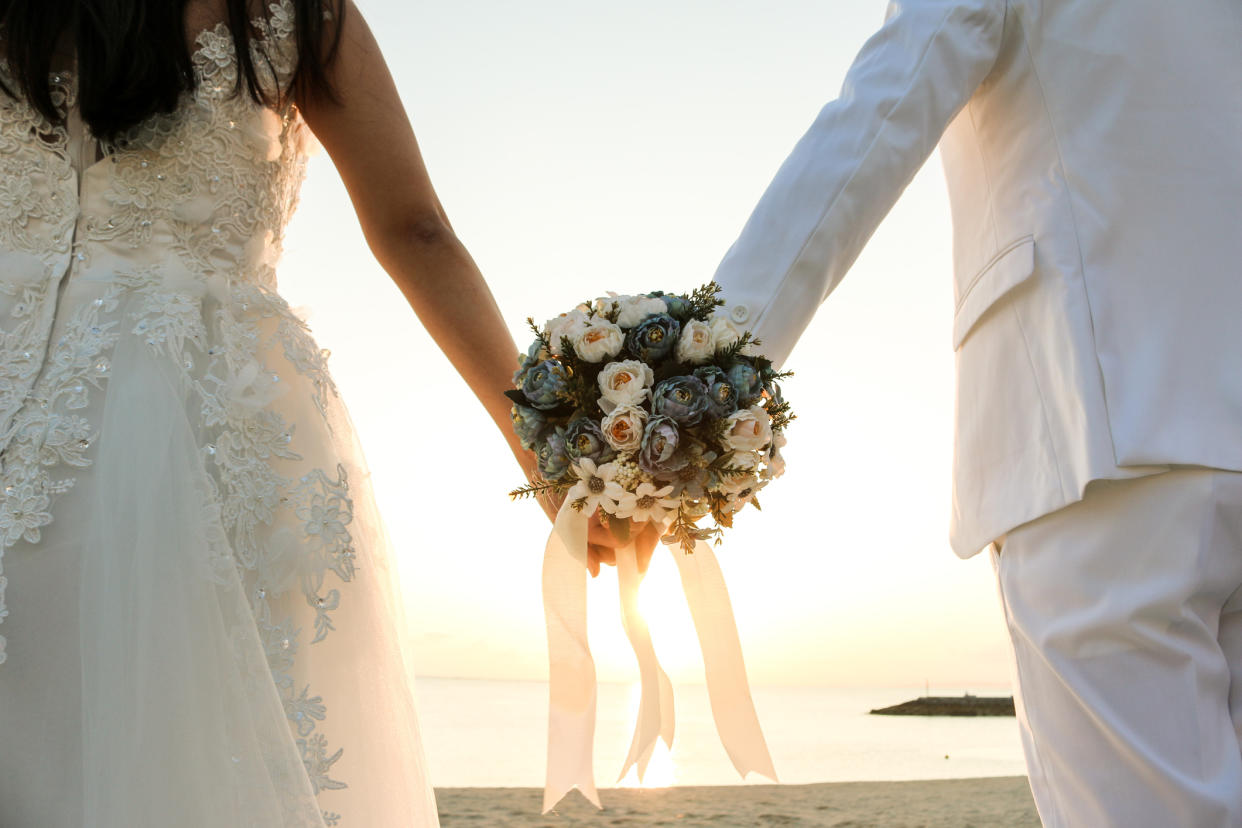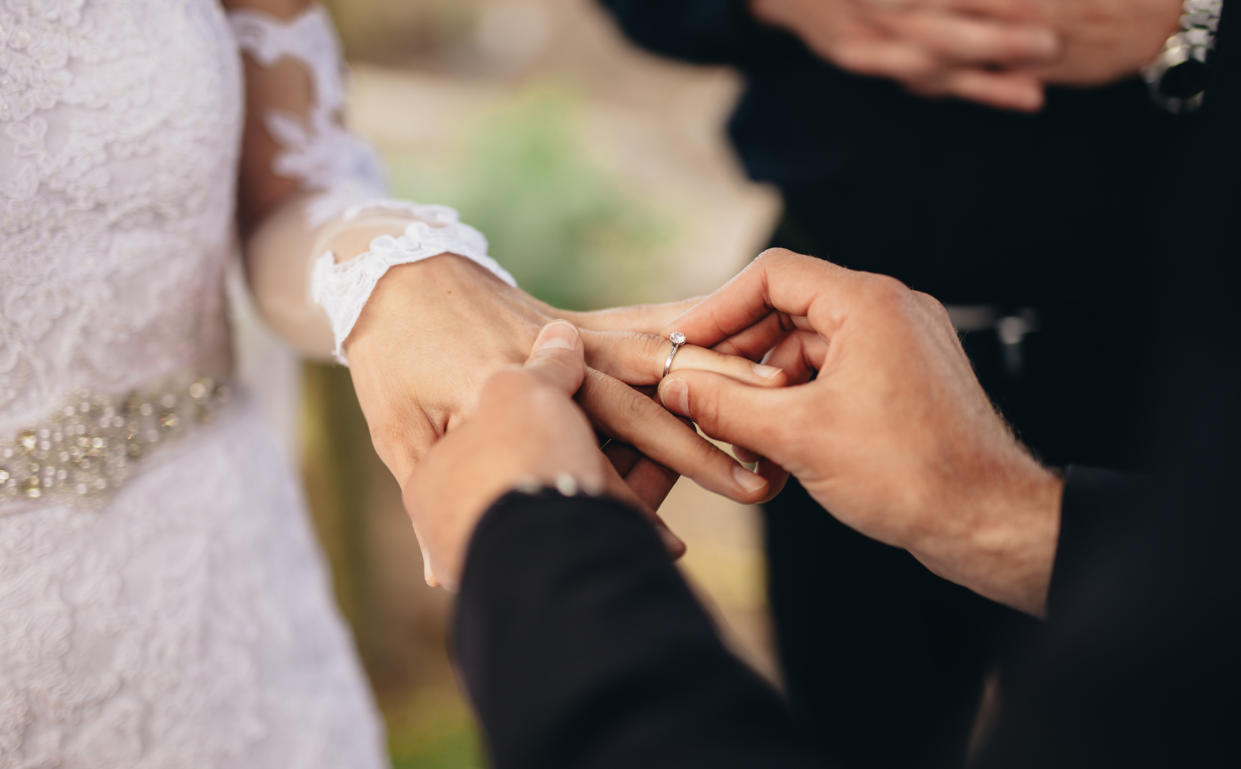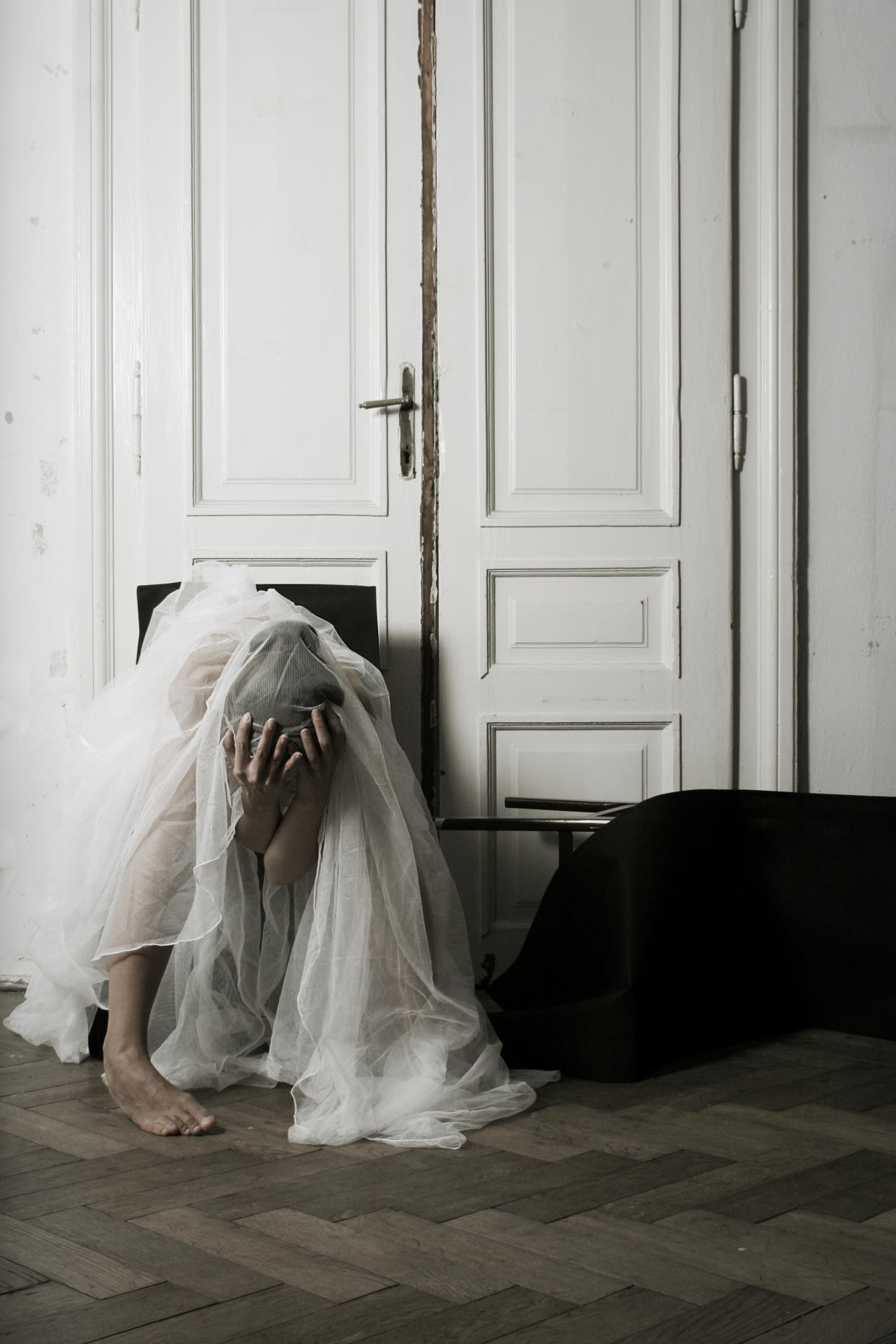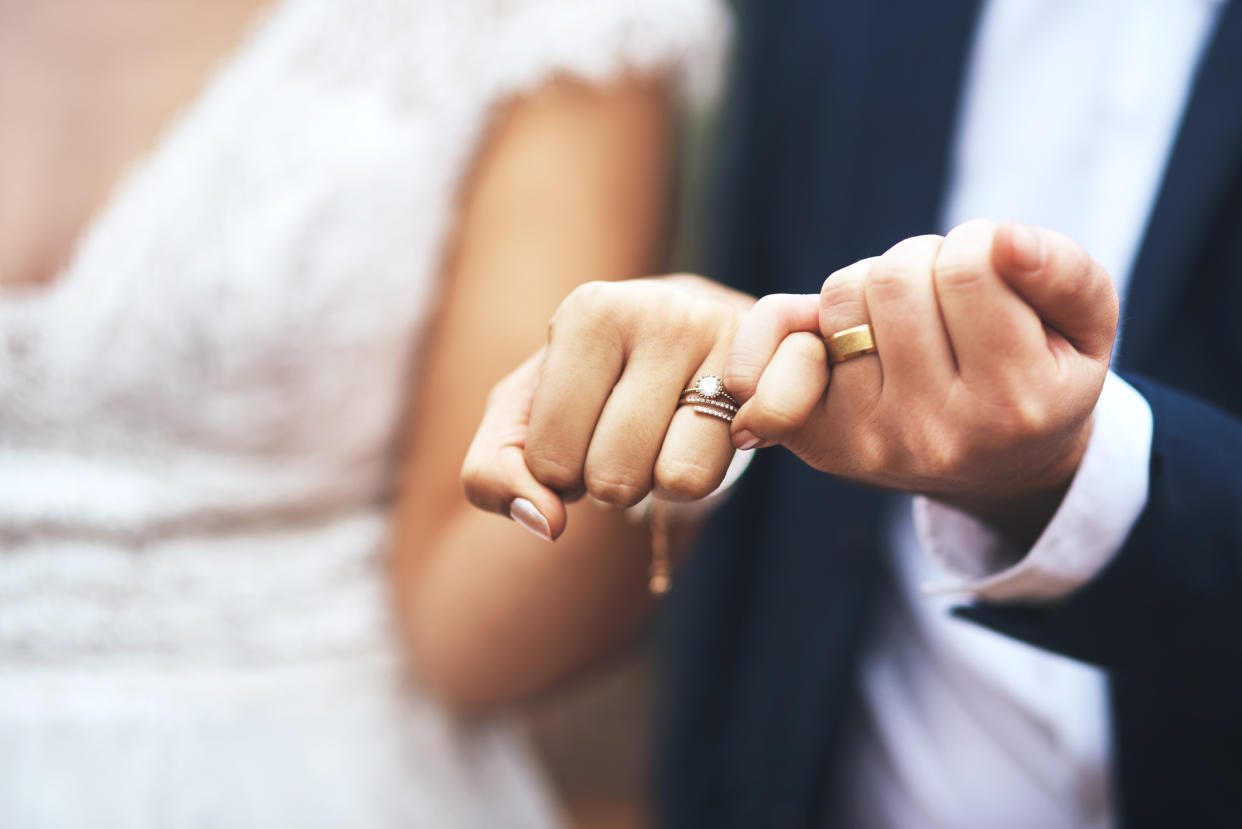Why has the legal marriage age risen from 16 to 18?

A new law raising the legal age of marriage from 16 to 18 has come into force today in England and Wales.
From today (February 27), 16 and 17-year-olds can no longer wed or enter a civil partnership in England or Wales, even with their parents consent.
The measure has been introduced in an effort to better protect children from forced marriage and has been hailed as a “huge victory for survivors”.
The change, under the Marriage and Civil Partnership (Minimum Age) Act, means it is now a crime to exploit vulnerable children by arranging for them to marry under any circumstances, whether or not force was used.
Here's everything you need to know about the new legislation in 10 points.


The legal age brides and grooms can tie the knot has increased from 16 to 18. “The Marriage and Civil Partnership (Minimum Age) Act 2022 has come into force in England and Wales today," explains David Lillywhite, partner at Burgess Mee Family Law. "It now means that the legal age of marriage has been raised from 16 years old to 18 years old, even if the marriage has the consent of parents."

The new legislation has been described as a “huge leap forward”. That's in the fight against the "hidden abuse" of forced marriage. The Ministry of Justice said the statistics showed forced marriage is more likely to impact girls than boys, with 2018 figures for England and Wales showing that 28 boys married under the age of 18 compared with 119 girls.

It is hoped that the change will provide better protection for vulnerable young people. “The change to legislation on child marriage is a huge victory for survivors," says Natasha Rattu, director of the Karma Nirvana charity which is a member of the Girls Not Brides Coalition. "It is a huge leap forward to tackling this usually hidden abuse and will provide a greater degree of protection to those at risk."

Last year, the national Honour Based Abuse helpline supported 64 cases of child marriage. Meanwhile the Government’s forced marriage unit provided advice or support in 118 cases involving victims aged under 18 in 2021. But, according to Rattu, this is only a small snapshot of a much bigger problem. "We hope that the new law will help to increase identification and reporting,” she adds.

The law will also cover non-legally binding 'traditional' ceremonies. As these will still be viewed as marriages by the parties and their families, the Government said.


Experts believe it can be hugely damaging for a child to be coerced into a marriage. "As lawyers, we welcome the strengthening of such protective mechanisms," explains Daniel Jones, partner and head of family law at Gateley Legal. "All those entering into a marriage should do so freely and understanding the implications of this significant step.”

Is 16 or 17 too young to say yes to marriage? "From a psychological standpoint at this age someone doesn't understand what marriage means legally, socially, and emotionally," explains psychologist Barbara Santini. "16 may also be too young for someone to enter into a marriage because most people at this age don't have a well-defined sense of self, so some individuals will do anything to make their family happy."

Those in favour of the change say it isn’t about restricting individual freedoms. "Instead it has a wider aim of protecting vulnerable children from being forced into marriage," explains Lillywhite. "Previously, forced marriage required coercion, but now it will be illegal irrespective of whether force is used."


Those cause breaching the new legislation face prison. Justice Secretary Dominic Raab said perpetrators will face the “full force of the law”, with someone found guilty of arranging child marriages potentially getting a sentence of up to seven years in prison.

The changes do not apply in Scotland and Northern Ireland. That's because marriage is a devolved matter and in those two countries the minimum age for marriage will remain 16. In Northern Ireland parental consent is required for those under 18 but not in Scotland.
Additional reporting PA.


